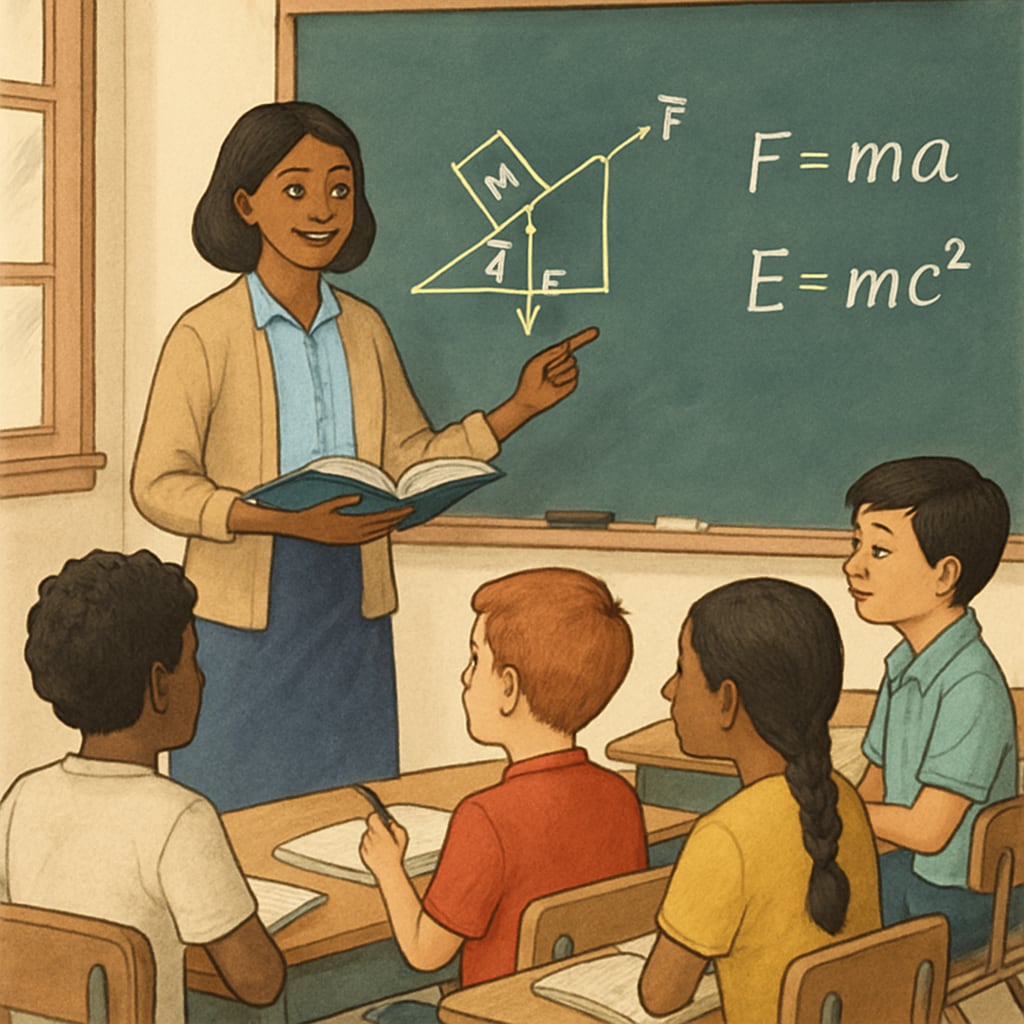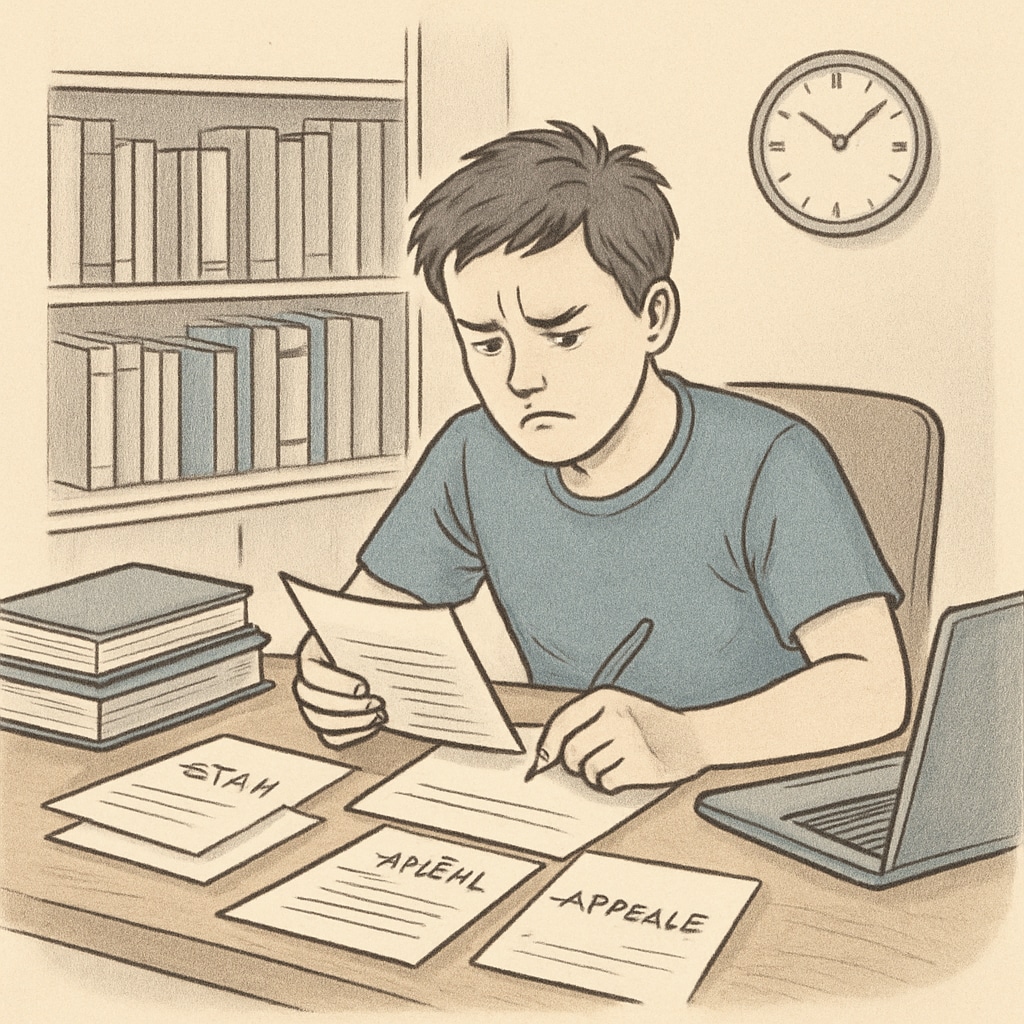When students enroll in Advanced Placement (AP) Physics C, they expect rigorous coursework designed to prepare them for college-level challenges. However, what happens when the very educators responsible for their academic success engage in professional misconduct? This article delves into the issue of “AP Physics C, exam errors, grade appeals, teacher misconduct,” shedding light on the systemic flaws in K12 academic evaluation processes that hinder students from receiving fair treatment and equitable education.
For many students, AP courses are gateways to academic achievement and college readiness. However, when errors in grading, inappropriate exam handling, or unprofessional teacher behavior occur, the consequences can disrupt their academic trajectory. Addressing these challenges often involves navigating a complex appeals process that reveals gaps in the educational system’s ability to uphold justice.
Teacher Misconduct: An Obstacle to Academic Fairness
Professional misconduct in AP Physics C classrooms can take many forms, such as inaccurate grading, neglect in exam preparation, or even biased treatment of students. These behaviors have long-term consequences, impacting not only immediate grades but also college applications and scholarship opportunities. Students affected by these issues often struggle to find recourse, as the process itself can be opaque and intimidating.
For example, a recurring issue in AP Physics C courses involves exam errors—whether through unclear instructions, incorrect answer keys, or mismanagement during grading. These mistakes, though seemingly small, can significantly lower student scores, leading to frustration and diminished confidence. In some cases, students seeking corrections encounter resistance from teachers, further complicating the situation.

Navigating the Academic Appeals Process
The academic appeals process, designed to address grievances like “AP Physics C exam errors, grade disputes, and teacher misconduct,” often fails to meet its goal of ensuring equity. Students frequently find the process lengthy, confusing, or biased in favor of educators and institutions. This power imbalance leaves many disheartened and unsure of how to proceed.
To initiate an appeal, students are typically required to submit detailed documentation of the issue, including exam records, correspondence with the teacher, and written statements. While seemingly straightforward, the process can be undermined by institutional reluctance to challenge faculty authority or admit systemic shortcomings. As a result, students may abandon their claims out of frustration.

Systemic Flaws in Educational Institutions
One key issue in addressing teacher misconduct and exam errors is the lack of a standardized approach across schools and districts. While some institutions may have clear guidelines for resolving disputes, others rely on informal methods that lack transparency. This inconsistency exacerbates the challenges students face when seeking justice.
Moreover, the power dynamics between teachers and students play a significant role in perpetuating unfair practices. Teachers, as authority figures, may feel emboldened to dismiss complaints or retaliate against students who raise concerns. Without adequate checks and balances, the system becomes skewed toward protecting educators rather than ensuring fairness for students.
Key recommendations:
- Implement standardized academic appeals procedures across all schools and districts.
- Ensure transparency by providing students clear guidelines and timelines for the appeals process.
- Introduce independent review committees to address disputes impartially.
- Train educators to handle student concerns professionally and equitably.
The Impact on Students’ Academic Futures
When students are unable to resolve issues related to teacher misconduct or exam errors, the consequences extend far beyond the classroom. Lower grades can diminish chances of acceptance into competitive college programs, while unresolved disputes may lead to distrust in the educational system. For high-achieving students who rely on AP courses to demonstrate their capabilities, these setbacks are particularly damaging.
As students navigate these challenges, it becomes clear that systemic reform is necessary to safeguard fairness and integrity in education. By addressing the flaws in academic appeals processes and holding educators accountable for professional misconduct, institutions can better support students and ensure their success.
In conclusion, the issues surrounding “AP Physics C, exam errors, grade appeals, teacher misconduct” are not isolated incidents but symptoms of broader systemic flaws. To create an equitable educational environment, it is crucial to prioritize transparency, accountability, and student advocacy. Only then can the promise of AP courses as pathways to academic excellence be truly fulfilled.


